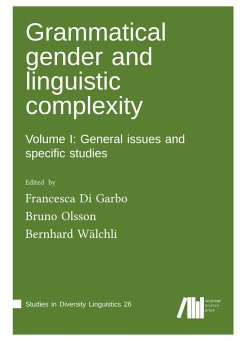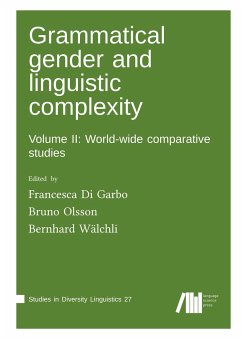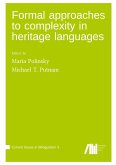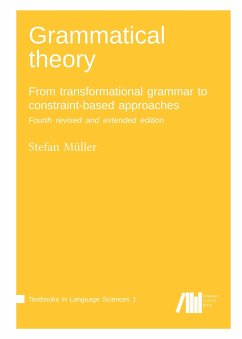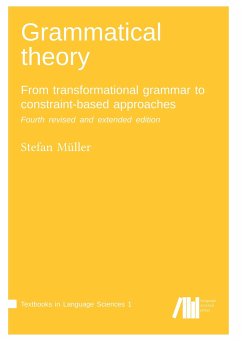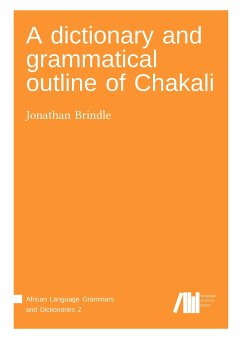The many facets of grammatical gender remain one of the most fruitful areas of linguistic research, and pose fascinating questions about the origins and development of complexity in language. The present work is a two-volume collection of 13 chapters on the topic of grammatical gender seen through the prism of linguistic complexity. The contributions discuss what counts as complex and/or simple in grammatical gender systems, whether the distribution of gender systems across the world¿s languages relates to the language ecology and social history of speech communities. Contributors demonstrate how the complexity of gender systems can be studied synchronically, both in individual languages and over large cross-linguistic samples, and diachronically, by exploring how gender systems change over time. In addition to three chapters on the theoretical foundations of gender complexity, volume one contains six chapters on grammatical gender and complexity in individual languages and language families of Africa, New Guinea, and South Asia. This volume is complemented by volume two, which consists of three chapters providing diachronic and typological case studies, followed by a final chapter discussing old and new theoretical and empirical challenges in the study of the dynamics of gender complexity.
Hinweis: Dieser Artikel kann nur an eine deutsche Lieferadresse ausgeliefert werden.
Hinweis: Dieser Artikel kann nur an eine deutsche Lieferadresse ausgeliefert werden.

